
Understanding Daniel Penny: A Good Samaritan in the Face of Danger

In a recent incident on a New York City subway, a former Marine named Daniel Penny found himself caught in a life-or-death situation.
“I’m sitting on a train reading my book, and, all of a sudden, I hear someone spewing this rhetoric. He said, ‘I don’t care if I have to kill an F, I will. I’ll go to jail, I’ll take a bullet,’” recalled a passenger.
“I’m looking at where we are in the tube, in the sardine can, and I’m like, ‘OK, we’re in between stations. There’s nowhere we can go,’” she said. “The people on that train, we were scared. We were scared for our lives.”
As video footage captured the scene, Penny was seen pinning down an agitated fellow passenger, Jordan Neely, in a chokehold. Tragically, Neely later succumbed to compression of the neck and passed away. This unfortunate event has sparked a fierce debate, with Republican presidential hopefuls rushing to defend Penny, while Democrats and racial justice advocates express concern over the implications of such support.
For many Republicans, Penny has become a symbol of a Good Samaritan, stepping in to protect others in a city they perceive as struggling with rising crime rates under Democratic leadership. Their support remains steadfast, despite the racial dynamics at play: Penny is white, and Neely was a Black individual who did not physically harm anyone on the train before being restrained.
This rush to defend Penny echoes the fervor displayed by Republicans during the 2020 presidential election in their support of Kyle Rittenhouse, a white teenager who killed two individuals during protests in Wisconsin. Similarly, Texas Governor Greg Abbott recently pledged to pardon Daniel Perry, a white Army sergeant convicted of fatally shooting an armed man during a Black Lives Matter protest in Austin.
Republicans have strategically made rising crime rates a political liability for Democrats, positioning themselves as the party of law and order. This messaging, however, has faced criticism from Democrats and racial justice advocates who argue that it plays on deep-seated racism and exacerbates divisions within society.
Critics question whether Penny’s actions can be justified, particularly in the context of his supporters’ comparison to other incidents involving racial dynamics. They point to the disparate treatment received by Ashli Babbitt, a white former Air Force veteran shot by a Black police officer during the January 6, 2021, insurrection at the U.S. Capitol. Babbitt was mourned by Republicans as a martyr, while the officer who shot her was labeled a “thug” by former President Donald Trump.
The case of Daniel Penny raises legal ambiguities that some individuals from both parties overlook. Christopher Borick, director of the Muhlenberg College Institute of Public Opinion, suggests that GOP presidential candidates see Penny’s cause as a means to energize their party’s base. They capitalize on the narrative of urban decay and a perceived threat from “crazies,” presenting themselves as protectors of everyday Americans.
While prominent Republicans enthusiastically support Penny, critics argue that they may also advocate for policies that disproportionately affect marginalized communities, such as cuts to social programs that could have benefited someone like Neely. This contradiction raises questions about the underlying motivations behind their support.
On the Democratic side, Rep. Alexandria Ocasio-Cortez and New York Mayor Eric Adams have expressed their concerns about Neely’s death. However, they have also cautioned against making irresponsible statements before all the facts are known. The Rev. Al Sharpton indirectly responded to Penny’s supporters during Neely’s funeral, emphasizing that true Good Samaritans do not resort to violence.
As the legal proceedings unfold, it is essential to remember that Daniel Penny is neither a vigilante nor a murderer. He did not actively seek out trouble but found himself in a situation where he felt compelled to protect others from a mentally unstable and potentially dangerous individual. The legal framework in New York permits citizens to defend themselves and others using reasonable force against perceived threats.
Penny’s actions must be evaluated within the context of the circumstances he faced. He asked fellow passengers to call the police, remained at the scene until they arrived, and did not display any criminal intent.
If Penny is convicted, what does this mean for society? Will it mean true criminals and mentally unbalanced individuals like Neeley will be allowed to kill people and commit crimes without interference from Good Samaritans like Penny? Someone may want to ask Penny if it was worth it?






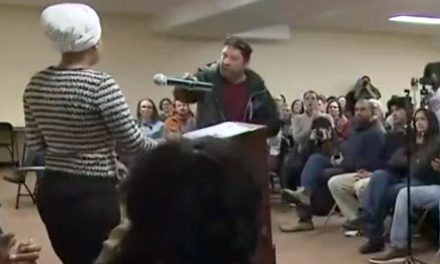





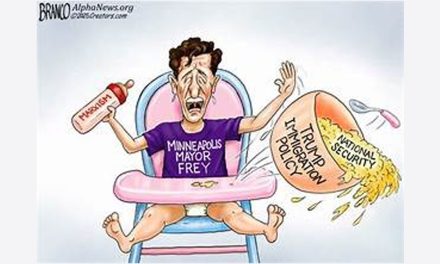











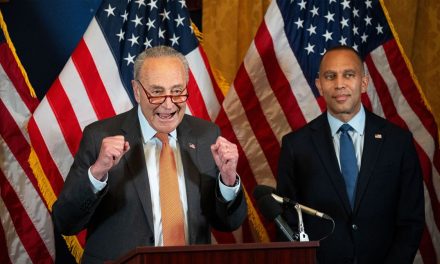




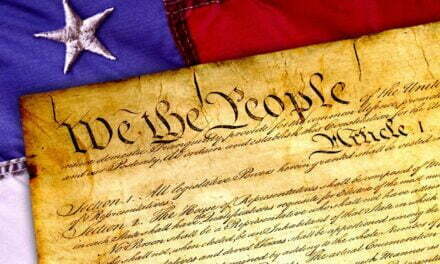
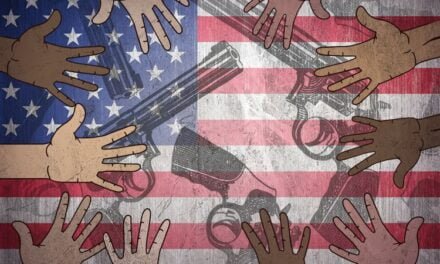
IMO, there is no comparison between Daniel Penny and Kyle Rittenhouse except in the right applauding them and the left condemning them. That point is false logic and Rittenhouse’s 15-minutes is up. And while Perry will get off, would be my guess, in no way is he a good Samaritan; they don’t kill the mentally ill.
For Mr. Perry, my bet is he gets off, as he should IMO, unless new evidence comes to light. His Marine training told him what to do, perhaps he slipped a bit, but doubtful a jury would see that as more than accidents can happen during violent encounters, the violence most likely to be determined as being started by Neely, and that Perry feared, rightly so, for himself and the other riders and acted in the interest of all the riders in that car.
There was no way to back off, no escape, they were literally sardines in a can.
Mr. Neely has a long record of arrests, incarcerations, and is a perennial social services issue featured on any top ten list they have. He has punched a few folks, including older ladies, in the face. He was going downhill, circling the drain and literally calling out to be stopped.
Mr Perry is a Marine surfer turned bartender wannabe and does not have a record of violence, that I could find so far.
And yes, I am a liberal.
Hopefully we all can move on, this one should not garner a media frenzy by either side. It’s tragic, it was probably accidental, but it’s life in the big city; there will be crazy people muttering crazy things…..and sometimes doing them too. Happens in the country too, but there’s more room….
Actually there is a lot of comparison between rittenhouse and penny. Both were acting against a perceived threat that they should have ignored. In the case of rittenhouse he should have stayed home with his illegally possessed AR style rifle. End of discussion for him. As far as penny-there are a lot of crazy people in NYC (and elsewhere) that talk a lot and are very loud. That was the case here, while his talk may have sounded threatening to some, he was actually not posing a threat-just sounding off. Penny acted too soon, and with too much zeal. The bottom line, in both the penny and rittenhouse cases-people are dead due to actions that should never have occurred…
MF: ever notice how “actually” denotes “you’re freaking wrong….”
No, I don’t see a comparison. Kyle came a hunting, could have exited at any time and used overwhelming firepower…. Penny and company were sardines in a can, could not exit, even retreat, and did not use overwhelming firepower. Plus there were three guys trying to subdue, not just Penny.
Unless other riders tell another story, I think the manslaughter shall not pass.
Yes, crazies on the streets are part of the big city, but this guy has a history of violence, even against an older woman, the system failed in not getting him help, getting him off the street, and this is not even close to the Rittenhouse affair.
Again, unless new info comes to light, I think the manslaughter charge is just pandering and, in the end, a “not guilty” will just inflame what the DA is pandering to anyway, perhaps worse.
Frank-I have seen no evidence that this crazy guy was physically threatening anyone-just mouthing off. I live in a big city, see crazy people frequently, often loud, seldom get physical. I am sure the system failed this guy, as it has most of the mentally ill who have been set out on the streets. I am equally sure Penny knew nothing about this guys history, if he has assaulted older women, so don’t think that can play in his defense. He killed the guy so obviously used overwhelming force. I think both incidents (rittenhouse and penny) should never have happened and were the result of very poor judgment